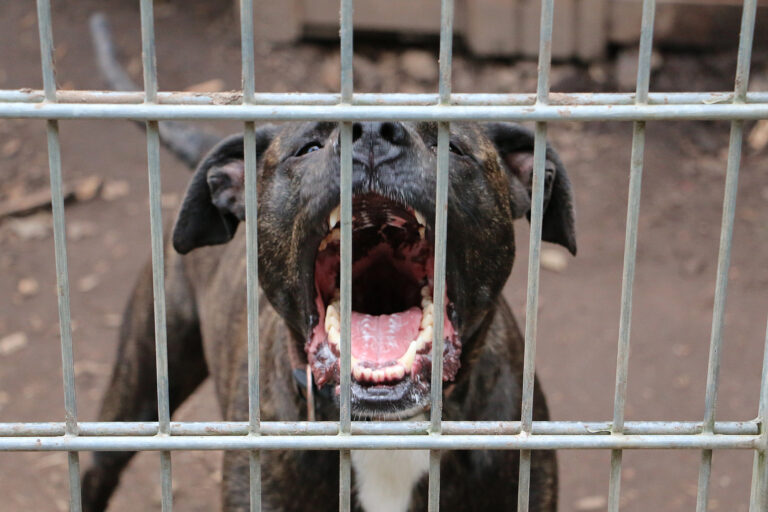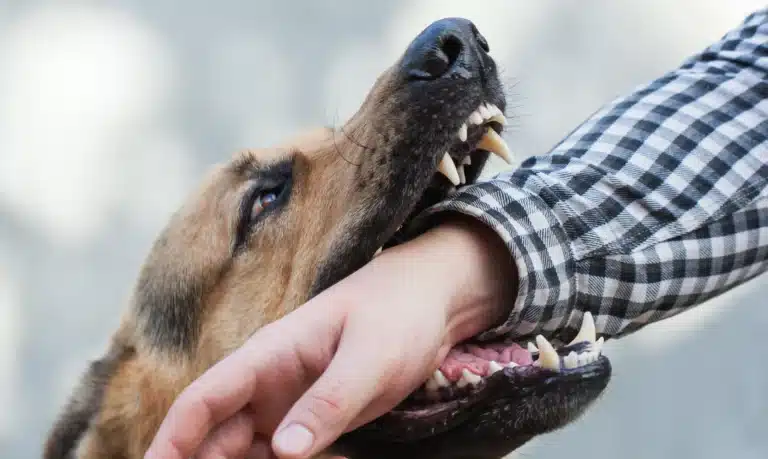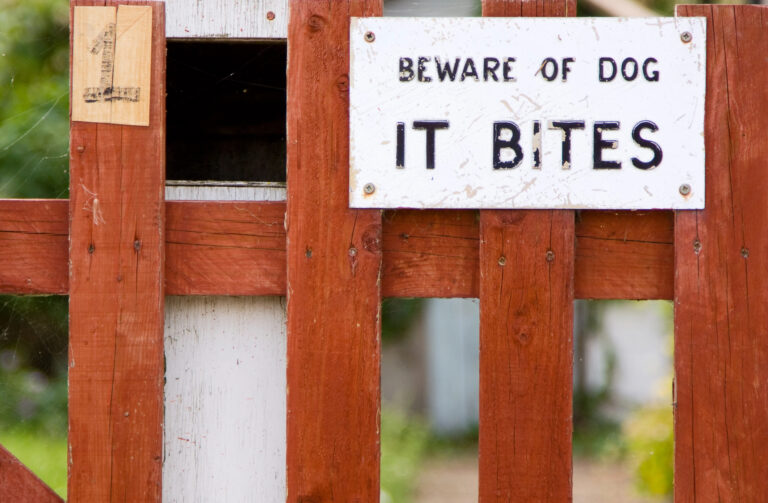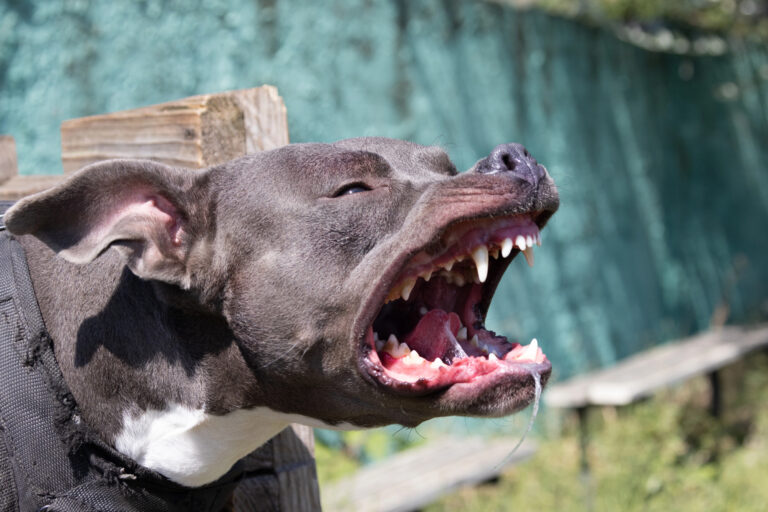Can You Blame Parents if a Child Is Bitten by Your Dog in Florida?
The Reality of Dog Bite Defense Cases Involving Children
When a child is injured by a dog in Florida, emotions run high. As a dog owner facing a lawsuit, your first instinct may be to argue that the child’s parents were negligent in supervising them—or that the child was warned not to bother the dog but ignored those warnings. While these arguments seem logical, they can backfire badly in court.
In fact, one of the most important defense strategies in these cases is knowing what not to argue.
Why Victim-Blaming Rarely Works
Jury Perception Matters
Jurors are human beings. When the injured party is a child, juries tend to be protective and sympathetic. If your defense strategy centers on blaming the child—or even the parents—it can appear as though you are avoiding responsibility. This perception often outweighs the legal argument and risks alienating the very people deciding your case.
Children Under Six Cannot Be Blamed
Florida law is very clear on one point: defenses like provocation or comparative negligence do not apply to children under six years old. That means if your dog bites a child in this age group, the law treats them as incapable of being legally at fault. Arguments suggesting otherwise are not only legally weak, but they can also damage credibility with the judge or jury.
See Fla. Stat. § 767.04, which establishes strict liability for dog owners and outlines limits on available defenses.
The Role of Parental Supervision
Why It’s Risky to Raise
Even with older children, pointing to a parent’s lack of supervision can appear insensitive. A jury may interpret the defense as an attempt to deflect blame instead of addressing the central issue: your dog caused the injury.
Limited Legal Value
In theory, Florida’s comparative negligence rules could allow for some reduction of damages if a child over six acted in a way that contributed to the bite. But in practice, this reduction is often minimal compared to the harm done by appearing to blame the victim.
Building a Stronger Defense Without Victim-Blaming
Focusing on the Facts
A more effective defense involves examining the circumstances surrounding the bite in detail. Was the dog properly secured? Did someone else open a gate or ignore posted warnings? Were there prior incidents that could change liability under Florida’s strict dog bite laws?
Using Accepted Legal Defenses
There are several defenses that can apply in dog bite cases without shifting blame onto a child or their parents:
- Showing the dog was properly confined and someone else failed to secure an entryway
- Proving another adult ignored safety measures or warnings
- Demonstrating the injury occurred outside your control, such as while the dog was under someone else’s care
For a deeper look at legal strategies, see our blog on defending against dog bite lawsuits in Florida.
Real-World Examples: Why We Avoid Blaming the Child or Parents
Example 1: Backyard Play Gone Wrong
A group of children is playing tag in a neighborhood, and one runs through an unfenced area where a dog is resting. The child startles the dog and gets bitten. It might be tempting to argue that the parents should have supervised better or told the children to stay away. But in practice, jurors are unlikely to fault a child for acting like a child. Blaming the parents risks looking like avoidance rather than responsibility.
Example 2: Birthday Party Accident
During a birthday party, several kids gather around a family pet despite the host asking them not to. A child tries to hug the dog, and the dog reacts by biting. Pointing fingers at the parents for not intervening quickly enough shifts the narrative away from the actual injury. Juries are more concerned about the dog’s behavior than whether a parent should have stepped in sooner.
Example 3: Neighborhood Walk
A child walking home from school stops to pet a leashed dog, despite being told “not right now.” The child is bitten. While it may seem logical to argue the child ignored a warning, juries typically won’t punish a child for curiosity or affection. Suggesting otherwise risks making the defense appear insensitive and out of touch with community values.
Why Strategy Matters More Than Instinct
When your family pet has caused harm, it’s natural to feel defensive. Many dog owners say, “But I told the child not to touch the dog!” or “The parents should have been watching.” These statements are understandable—but in court, they rarely help your case.
Instead, a strategic defense focuses on:
- Avoiding alienating the jury
- Highlighting strong legal defenses supported by evidence
- Presenting you as a responsible dog owner who takes safety seriously
By choosing the right approach, you protect not only your legal position but also your credibility.
How Florida Civil Counsel, P.A. Can Help
Our firm, based in Orlando, has defended dog bite cases across Florida—including Miami, Tampa, and Jacksonville. Because we represent both injury victims and dog owners, we understand how the other side thinks and how juries react to different arguments.
When children are involved, strategy is everything. We will guide you through the process, avoid defenses that could harm your case, and focus on approaches that give you the strongest possible outcome.
If you’re facing a dog bite lawsuit in Florida, contact us today to discuss your defense.






